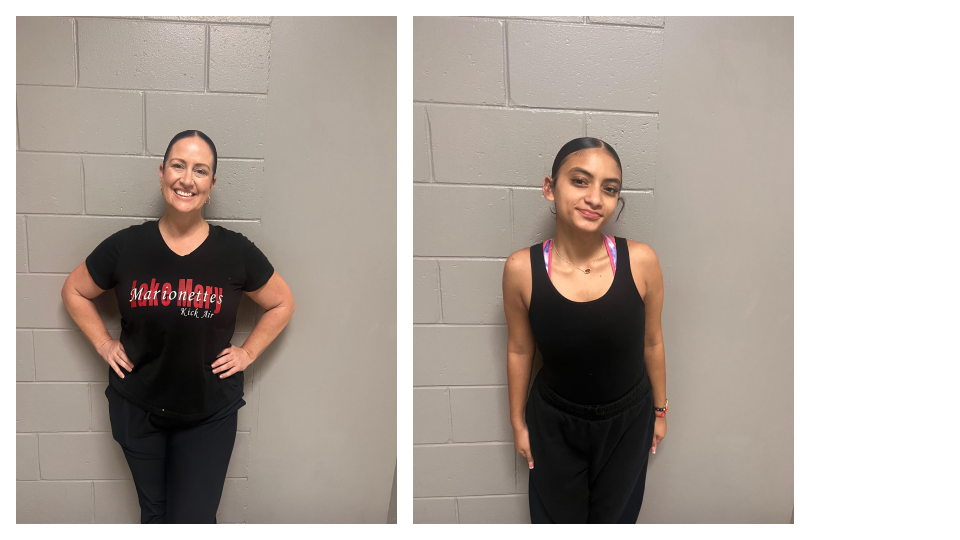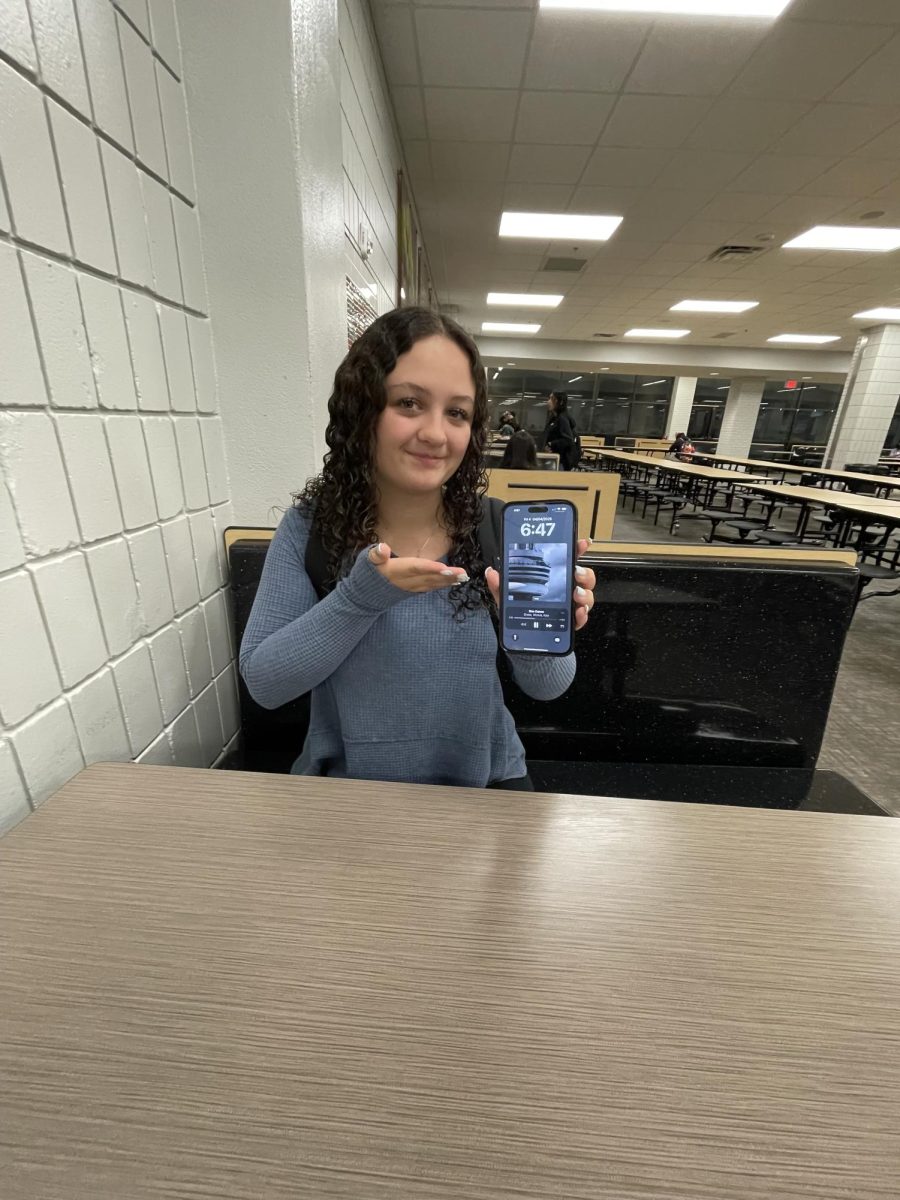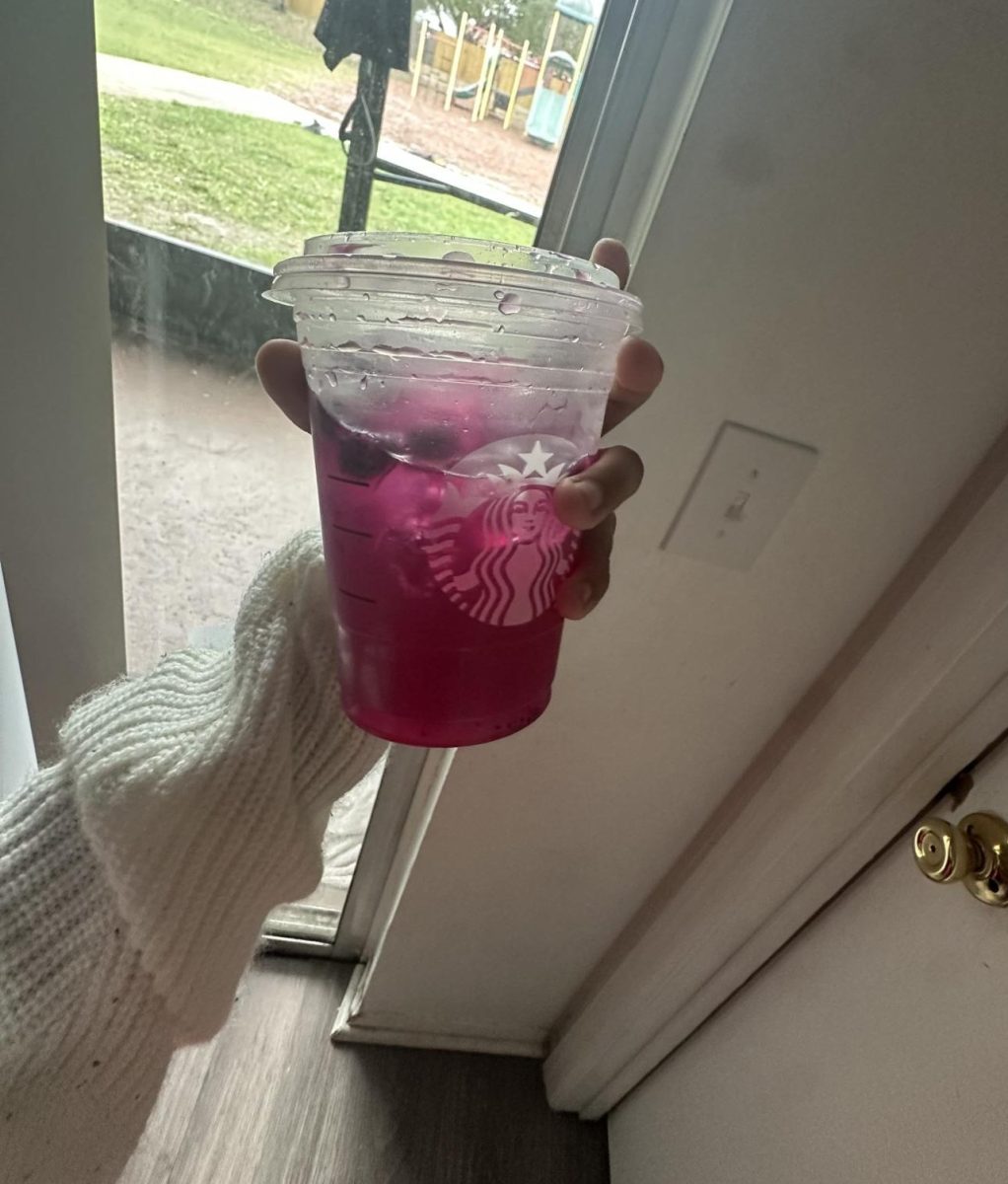Music is therapy. Most people would say yes because their favorite song or album would calm them down if they’re mad or sad. Mrs. Kay says, ” Yes I do believe that music is a type of therapy. I think it puts everybody in a type of certain setting. Just like brown noise, I know my kids like to listen to brown noise when they’re going to bed. Sometimes on your sad days you can listen to your sad music and sit and reminisce . I also think it’s therapeutic for any emotion. Like the rhythm and beats can play a tune to your soul.”
Sophomore Aaliyah says, “I think music is a type of therapy because when I’m sad I can listen to the sad music. I feel like different genres of music have a certain mood to match your emotions. When I’m sad I listen to Sade, she makes jazz music and I feel that type of genre of music can be for any emotion.”
Research says “ Healthcare providers use music as a therapy in many contexts, including at the bedside for people in hospitals”. Most people would take this and run with it, but I want to know what does the music help with. According to www.verywellmind.com, music can change brainwave activity levels to enable the brain to shift speeds more as needed. Cool isn’t it? I always thought music only helped with emotions and mental problems. Music can be a good option for calming or healing yourself.
Music therapists use a variety of activities, such as listening to music, creating music, and moving to music, to help improve clients’ mental and physical health. It can be particularly effective for reducing stress, improving mood, and even helping with pain. Music can even enhance social interaction and communication skills. Music can stimulate parts of the brain involved in memory, helping to recall information and improve cognitive function. Also, listening to familiar songs can evoke feelings and memories, making it a powerful tool for memory enhancement.
Researchers say that the best type of music to listen to is classical music because it’s mostly wanted for its calming and focusing effects. Nature sounds because it’s very relaxing and helps reduce stress. Familiar music because whatever the song the person has a personal connection to can be a powerful tool. Instrumental music because song without lyrics can reduce distractions and improve focus levels.














